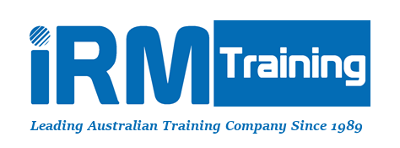One question we often hear is, what are some good business analyst interview questions? Another is, how do you tell whether you are asking good business analysis questions? As a company focused on training our attendees to think for themselves, we normally say to start by first identifying how someone looks when you’re asking the wrong questions. For example, you know it’s a bad question when the person you are interviewing is either:
- Totally baffled (doesn’t understand what you mean) or
- Totally exasperated (at your lack of preparation)
So we can be sure that good business analyst questions explore and investigate, they don’t just harvest facts. How do we phrase these questions in a non-technical way that stakeholders with different priorities will open up and participate in an insightful discussion? After all, it’s the business analysts job to turn interview answers (among other things) into requirements.
Well, without further ado, here are 10 of our favourite business analyst interview questions.
Good Business Analyst Interview Questions:
- How much does it hurt?
- Who does it impact?
- How does it affect your daily operations?
- What affect does it have on customers?
- What does this problem stop you from doing?
- Who will benefit from fixing this problem?
- Who might suffer?
- What could get in the way?
- What will success look like?
- How will you measure it?
Interestingly, not one of these questions is technical in nature, they’re all about the person sitting opposite you.
If you’ve got some of your own favourite questions or would like to comment on this list, please give us your thoughts!
If you’d like to practise asking these questions and discover how useful they can be, join our workshop Requirements Gathering & Specification.
If you enjoyed this article, you may also enjoy:
Six Business Skills Every BA Needs







My favourite question is to ask “why” a requirement is needed.
You may need to ask why a few times and dig deeper to uncover the real business requirement.
I have often found that the initial requirement is actually a preconceived solution to a deeper problem and uncovering this real requirement presents opportunities to design and implement a more robust solution.